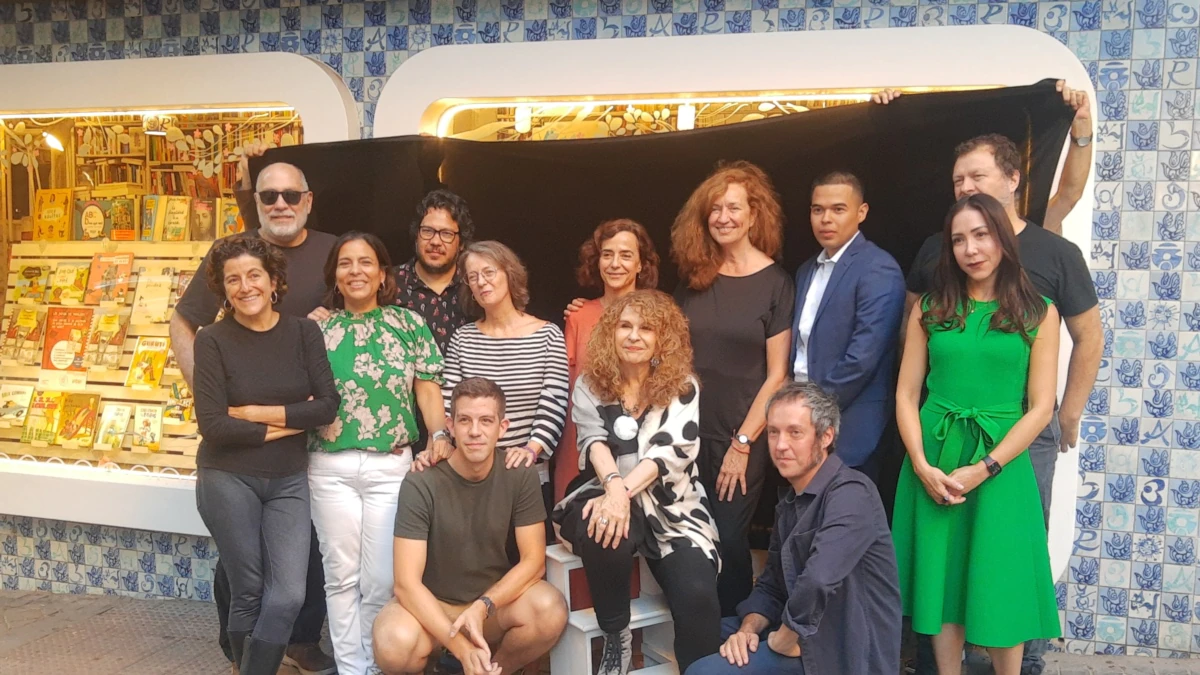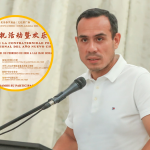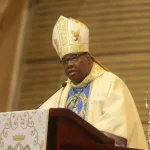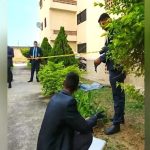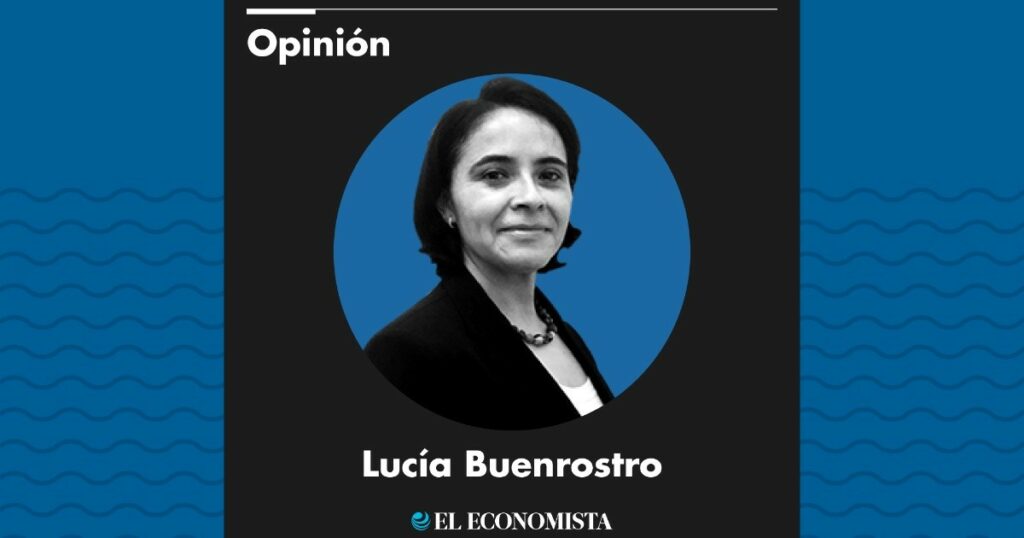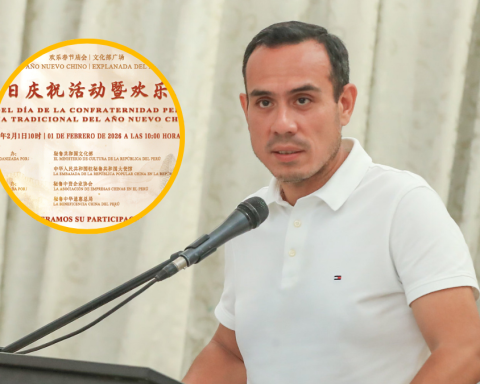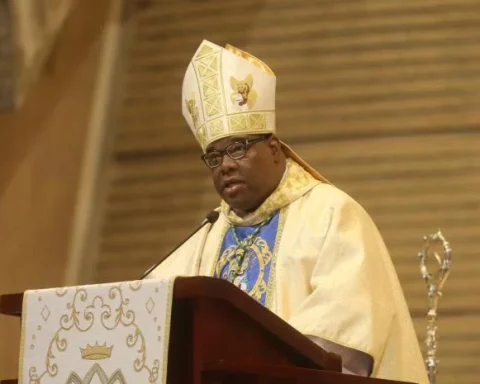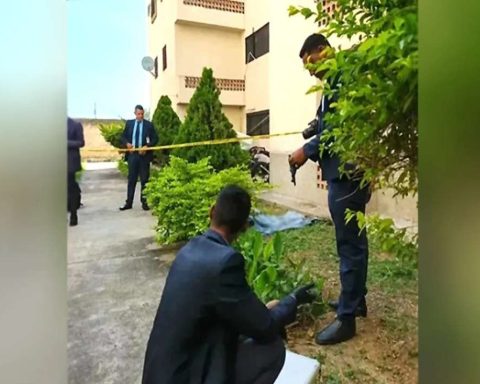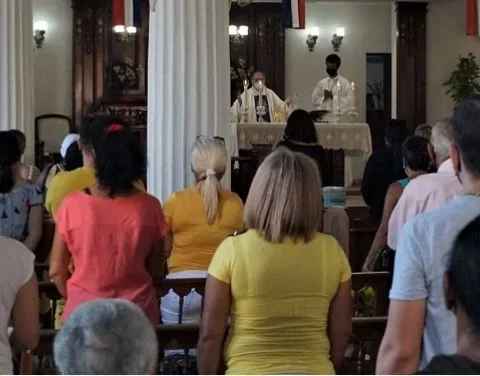Nicaraguan writer Ligia Urroz, daughter and granddaughter of politicians, spent the weekends of her first 11 years visiting a family friend with her parents: Anastasio Somoza Debayle.
She saw him as an uncle who was also president of Nicaragua, until the Sandinista revolution broke out. That 1979 she began to hear that Somoza was called “dictator”. Bullets and bombs came from the countryside to the city and outside his house.
He never forgot a young guerrilla who came in looking for weapons and pointed it at him while they both wondered, puzzled, what they were doing there. Three days later she had to see how the body of that adolescent was burned because he did not take it or the truck that collected the dead.
Urroz, already an adult and exiled in Mexico, England or Spain, mixed memories and fiction to write the novel “Somoza” (Planeta, 2021) that recounts the preparation of the commando that killed the already overthrown dictator in Paraguay in 1980, and how that girl He saw his own world collapse.
The presentation of the book closed the Central America Account Festival, which ended last Saturday at the Rafael Alberti bookstore, in the west of Madrid.
The event, founded by the Nicaraguan writer and former vice president Sergio Ramírez, celebrated its tenth edition in Guatemala City, where it was once again face-to-face in May, and in the Spanish capital. This is the second time that it has been hosted by the Casa de América public consortium, with the support of the Spanish Agency for International Development Cooperation.
Directed since 2015 by the cultural manager Claudia Neira, born in Brazil, authors from Nicaragua, Spain, Guatemala, Costa Rica, Mexico, Chile, Colombia and Venezuela participated.
For six days, the dialogues “Writings in search” took place, about searching for the origin; “Family stories: between memory, the novel and family secrets”, and “Transcending the border: reality as fiction, fiction as reality”.
The meeting was completed by “Pain and loss: from uprooting to the footprint of others”; the reading of chronicles “Cuenta Centroamérica”; the discussion “Where is Latin America going” and, in the Rafael Alberti bookstore, the reading space “Versos que Cuenta” and Somoza’s presentation.
“We are voices to exert pressure,” Ligia Urroz defined the role of Nicaraguan writers abroad with respect to the Government of Daniel Ortega. She considers him similar to the dictator that the Sandinistas overthrew in his day. One of them was Gioconda Belli, a poet, novelist and activist exiled first by Somoza, then because of her differences with the Ortega regime.
Together with other authors, including two young Nicaraguans, she read some of her poems in “Versos que Cuenta”, such as “Secreto de mujer”, about the liberation of the female body.
Carlos F. Grigsby won the Loewe Award for Young Creation at the age of 18 for his book “A darkness shining in clarity that clarity cannot understand” (Visor, 2018). A selection of poems from the book “Rilke y los perro” (Visor, 2022) earned him the Ernesto Cardenal in Memoriam Poetry Prize in 2020. In Madrid he read some of them, such as “The rhinoceros is an imaginary animal”, about the extinction of the white rhinoceros.
William González Guevara was the youngest of all. He was born in 2000 in Managua, but grew up and lives in a working-class neighborhood in the Madrid district of Carabanchel. He studies Language and Literature plus Journalism at the Rey Juan Carlos University, and his first book, “Los Nadies”, made him the first Nicaraguan and second Latin American to win the Antonio Carvajal International Prize for Young Poetry.
Between the ages of 11 and 17 he wrote the poems that compose it. “It is a synthesis of two poetic traditions, the Spanish and the Nicaraguan,” Gioconda Belli said when she introduced him. The verses he read were dedicated to Nicaragua, to poverty or to being a migrant in Spain, “to Latin American domestic workers who care for the elderly and clean buildings”, like his mother and so many women who can be read in the poem “Lejía”, that chlorine or bleach to disinfect that exposes to toxic agents.
Connect with the Voice of America! Subscribe to our channel Youtube and turn on notifications, or follow us on social media: Facebook, Twitter and Instagram.
